The interest rate dilemma has intensified for the Bank of England.
The latest reading for the economy shows just how vulnerable the economy was to a fresh shock, with output in October growing by just 0.1%: weaker than expected.
The spread of the Omicron variant is now set to be the body blow, sending the recovery reeling, while prices continue to climb.
Supply chain problems are eating into production, with manufacturing at a standstill, while construction and industrial output are sinking.
The latest snapshot of the services sector shows it’s also more fragile than estimated, with the meagre 0.4% growth registered mainly down to face-to-face GP appointments resuming.
The worse is yet to come as the Plan B of masks, covid passes and the work from home order is likely to funnel more spending away from services to goods, doing little to ease inflation.
After last year’s cancelled Christmas, another watered down celebration will be hard to stomach for the hospitality industry.
City centres were already struggling to regain pre-pandemic levels of footfall, and now it’s feared they will be deserted once again.
Already there are signs that social lives are being curtailed even before the new covid passes are brought in, with restaurant bookings for the week to Monday falling to their lowest since restrictions on indoor hospitality eased in May.
The Black Friday binge saw spending on cards hit the highest level since before the pandemic, and as consumers settle in at home for the long haul they are more likely to return to pre-pandemic habits of ordering treats online rather than going out to socialise.
Fresh demand could push prices even higher, especially as getting hold of popular products is still such a headache with ongoing supply chain issues.
That could provide the extra rocket fuel for goods inflation at a time when the economy is struggling to recover.
Although a rate rise can’t be completely ruled out next week, most bets are off that the Bank will push them up so soon, given this latest downbeat reading and the fact that the Omicron variant is still an unknown quantity in terms of the extra pressure it will put on the health service.
A rate rise in February is more likely to be on the table, as the inflation kettle is set to be whistling loudly by then. That is unless restrictions are ramped up dramatically, pushing the economy into an even tighter recovery position.




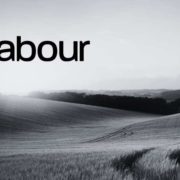


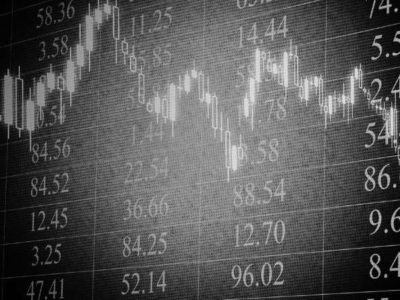
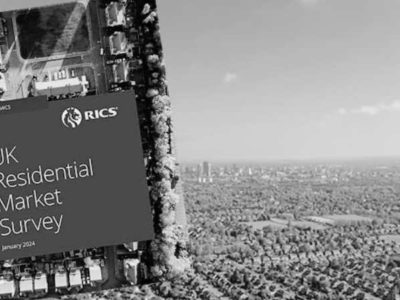
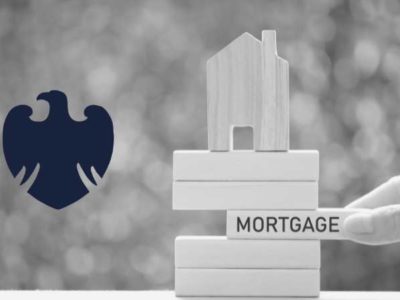
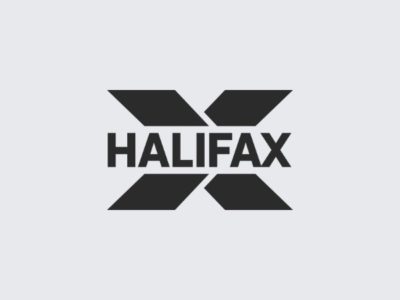

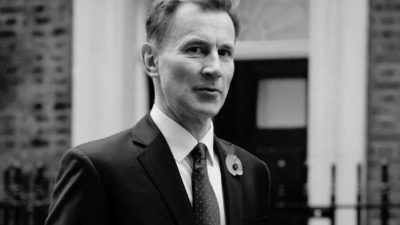
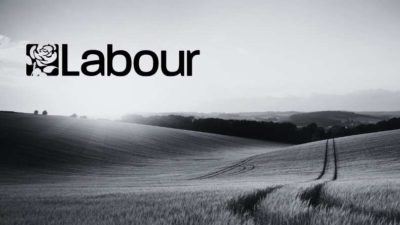
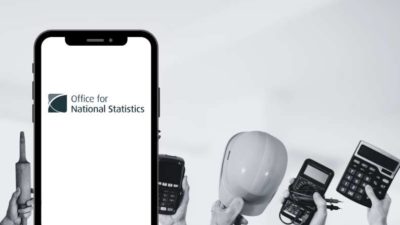
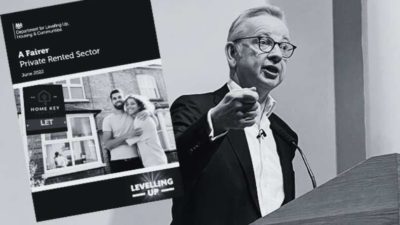
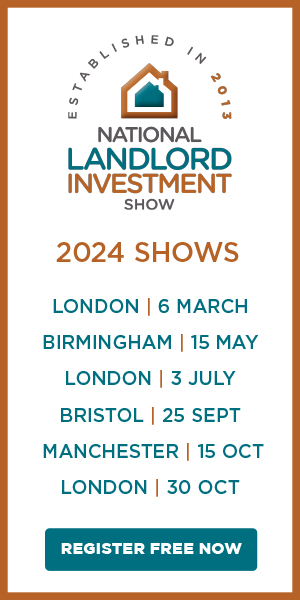


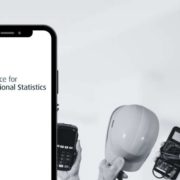



Comments